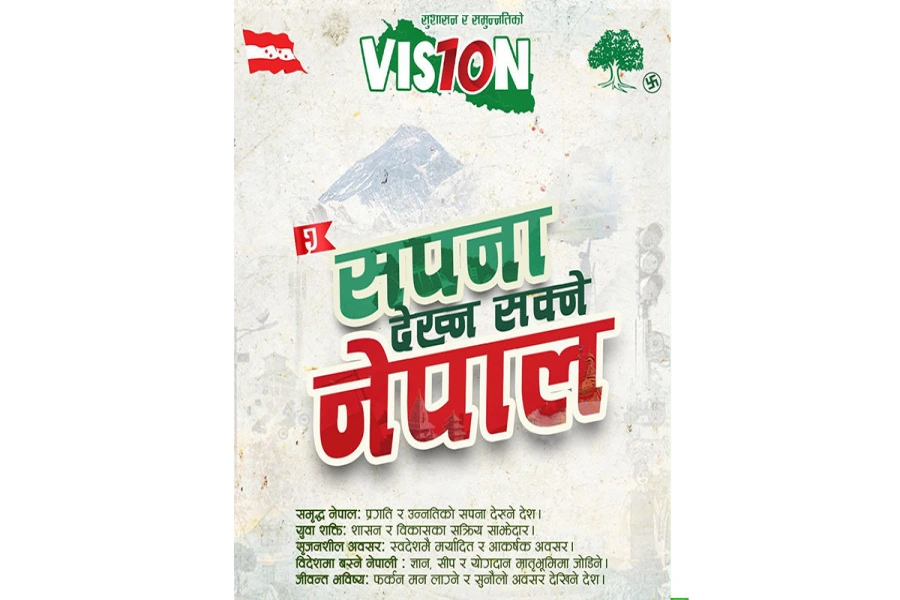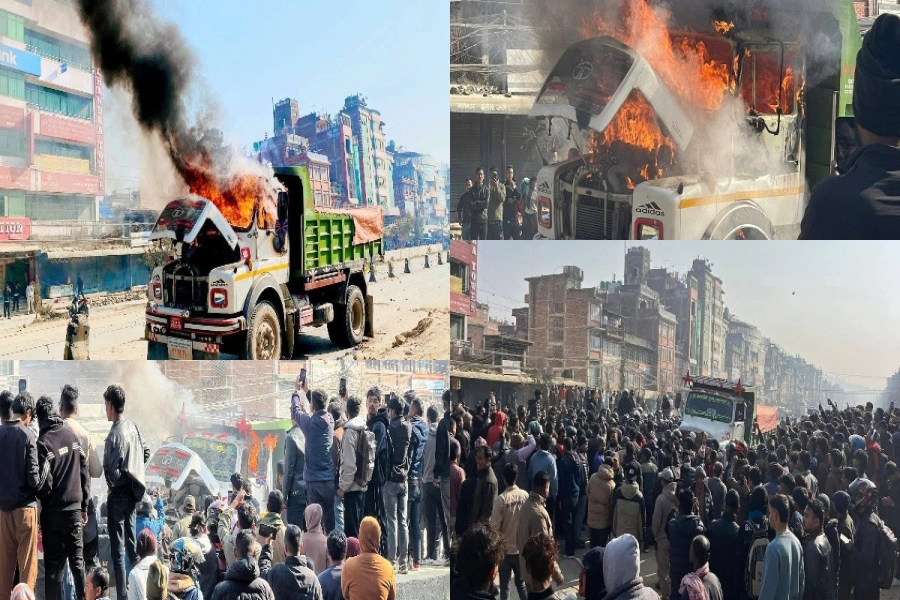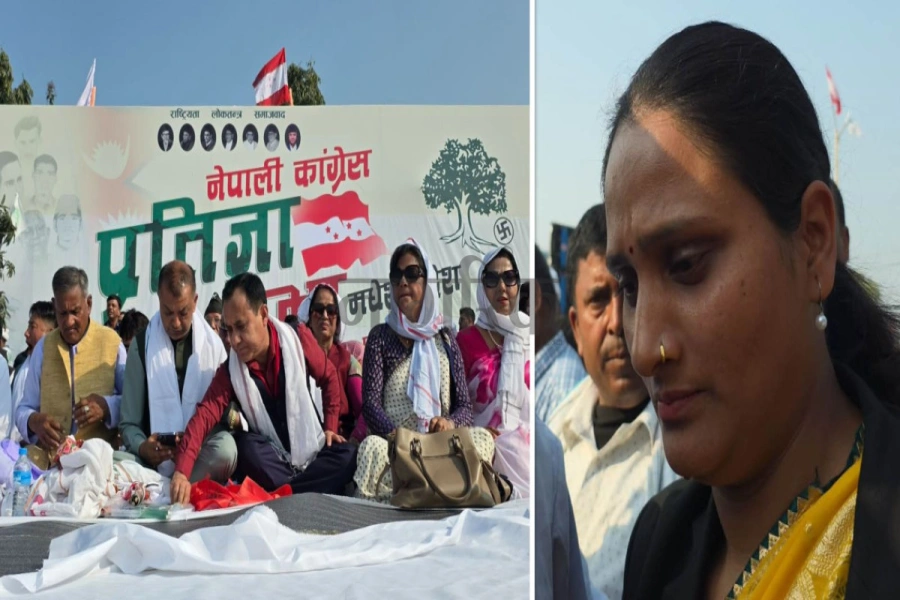The government-owned hospitals are the primary choice for ordinary people in case they are taken ill. The main reasons behind this are affordable and quality treatment of diseases. Yet, the dismal condition of the government-owned hospitals in the country compels ordinary citizens to seek treatment in private hospitals, where appointments with doctors are more readily available. Prolonged waiting times at the government-owned hospitals pose significant risks, including the possibility of patients passing away or exhausting their resources before receiving treatment. One such instance is exemplified by Bir Hospital, Nepal's oldest medical facility. Renowned for its superior service and reasonable treatment fees, Bir Hospital has garnered the trust of millions. With a total of 960 beds, it has the capacity to accommodate numerous patients simultaneously.
However, a quarter of these beds remain unused due to a shortage of manpower, a fact that is both surprising and concerning. While patients endure prolonged waits for services, it's paradoxical that the hospital administration has failed to fully utilize the existing facilities due to insufficient manpower. The failure of Bir Hospital administration under the National Academy of Medical Sciences to address this issue has not only hampered patient care but also undermined the hospital's overall effectiveness. Particularly troubling is the underutilization of hospital beds, primarily due to a shortage of nursing staff.
Hospitals stop admitting COVID-19 patients as govt sets quota o...

The government allocates a substantial fund to education and healthcare. However, common citizens have been unable to benefit due to mismanagement within relevant agencies. This mismanagement has led to a brain drain, with both unemployed individuals and qualified professionals seeking opportunities abroad. Furthermore, the dearth of skilled manpower has adversely affected hospital services, highlighting a critical flaw in manpower management rather than availability. This situation not only drives skilled professionals overseas but also leaves private hospital owners to take undue benefit from ordinary people.
The right to accessible and free basic healthcare is enshrined in the Constitution of Nepal. Education and healthcare are fundamental pillars of a welfare state, yet in our country, the exorbitant costs associated with these sectors hinder access for ordinary citizens. This financial burden not only impedes progress but also violates the constitutional rights we have established. Prioritizing healthcare is imperative, as neglecting this essential need undermines our collective well-being and perpetuates systemic injustice. Ensuring access to healthcare services is not just a moral imperative but a constitutional obligation we must uphold. We urge the government to ensure that all government-owned hospitals are fully-functioning and are ready to cater service to the needy people.






































